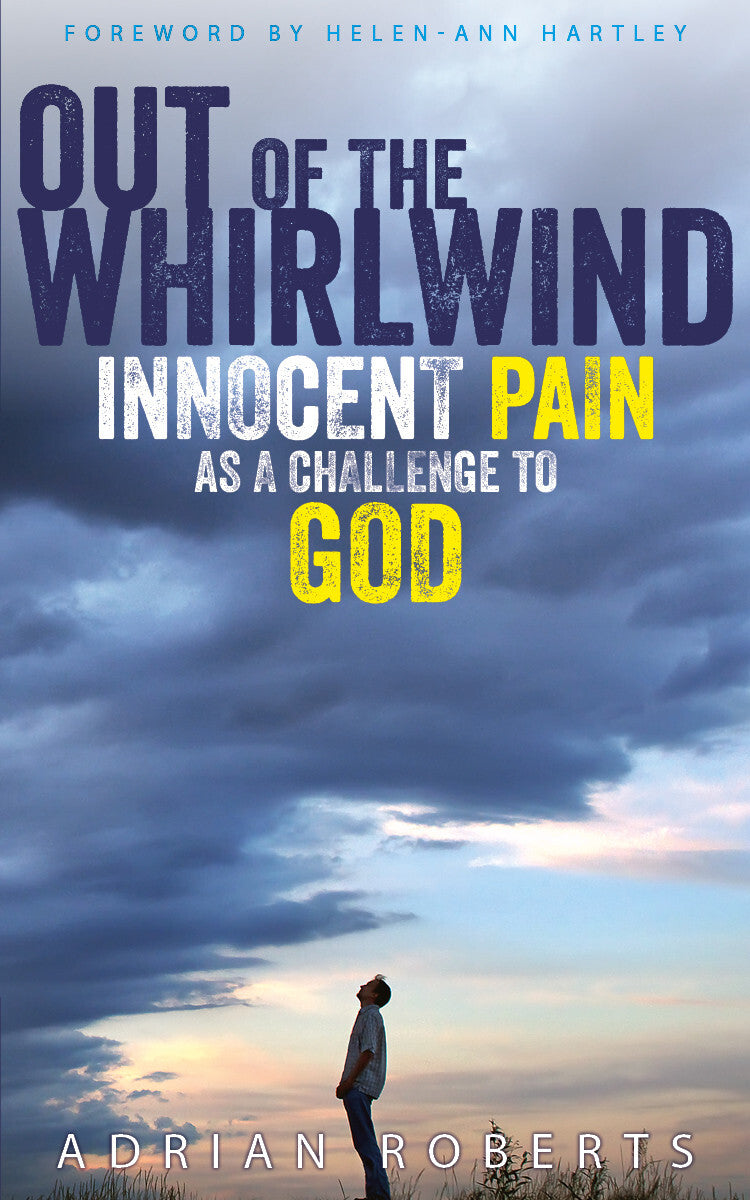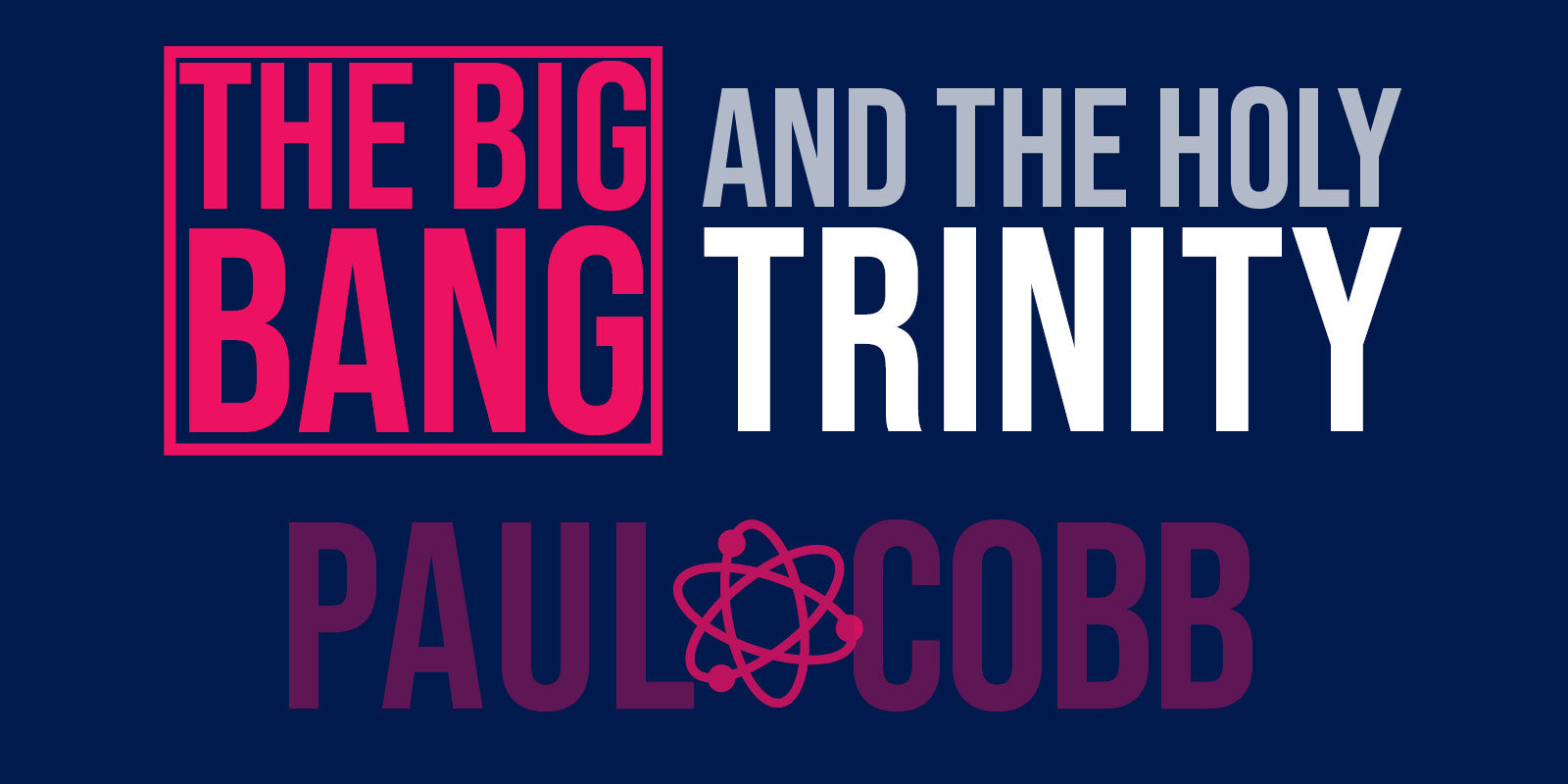
I suppose the idea for writing this book came from two sources. In October 2011 my disabled son Hal was admitted to his local hospital’s children’s ward, suffering from uncontrollable epileptic fits which had reduced him to a comatose state. I was able to stay with him over the following week as his condition gradually improved, and this is the dramatic setting, if you like, for Out of the Whirlwind. I put this incident in the context both of Hal’s underlying condition, which I discuss in the book, and of the philosophical challenges presented by the sufferings of the innocent to the existence of an all-powerful, all-loving creator God. During the course of writing the book I became aware of all sorts of different avenues I could have pursued, but I wanted to keep it reasonably brief.
One in particular involves the care offered in a civilised society to disabled and vulnerable people. I allude in the book to Hal’s relative good fortune in living here and now, rather than in other ages or other parts of the world. Our NHS and the social care system in this country seem to be in a permanent state of crisis, with widespread incompetence and inadequate funding being regularly cited by both media and politicians. And yet, the funding for Hal’s care since his diagnosis has been perfectly adequate, and as I write, preparations are afoot for him to move into a purpose-built house which he will be able to share with three other similarly affected young men for as long as the welfare state continues. All this has been funded by his local council, and at no point have any financial burdens been placed on his family. As a vulnerable citizen of his local town, he is entitled to this care, which he will need for 24 hours a day for the rest of his life. This means that although his family will be able to continue to be on hand to share his care, we will not have to rely on family members of his own generation to step up to the plate when we are all dead and gone.
Of course, the project has been beset with staggering levels of delay, poor communication amongst various agencies, and downright incompetence from time to time, but the wonder is more that it has happened at all. It would not have happened at any other time in history that I can think of, and in few other parts of the world even today. And therefore at no time should we take this for granted: it is the remnants of a fundamentally Christian view of the value of a human life, which does not depend on the material or financial contribution one can make to society, but on an intrinsic, God-given value. It is a fragile thing, this welfare state, and if we allow a more instrumental attitude to the value of humans to predominate, its days will be numbered. I am minded of an excellent book which deserves to be better known. The Catholic philosopher Alasdair MacIntyre, whose reputation was built upon his After Virtue trilogy, also wrote Dependent Rational Animals a few years later, in the course of which he argues that a well-ordered society must embrace the truth that we all begin our lives in a state of total dependence and mostly end our lives in a similar state. Some of us, such as Hal, remain dependent all our lives. And this is just part of what it means to be human, and any philosophy of human nature which neglects this fact is going to be massively deficient.
Another thing which emerged as I was writing my book was that although the pain and anger I threw at God did genuinely reflect what I have felt from time to time, I found myself more frequently reflecting on the surprising joy that my relationship with Hal has involved over the years, which meant that the conclusion of the book really did turn out to be a more accurate reflection of my fundamental attitude than the earlier pain and anger. I have to say that I have genuinely enjoyed looking after him, and developing a relationship which is at once deeply simple and very profound. And for this, I suppose I would have to say that I am grateful both to Hal and to God.
Adrian Roberts is the author of Out of the Whirlwind, a challenging and thoughtful reflection on the question of how a merciful God can allow evil. Taking its inspiration from the Book of Job, this book aims to bring some comfort to those whose questioning faith is troubled by the issues of evil and suffering in the world. It is also directed towards those who may be interested in the question of belief, but be put off by the obstacles which evil and suffering are perceived to present to the God of Christianity. Get your copy today.











